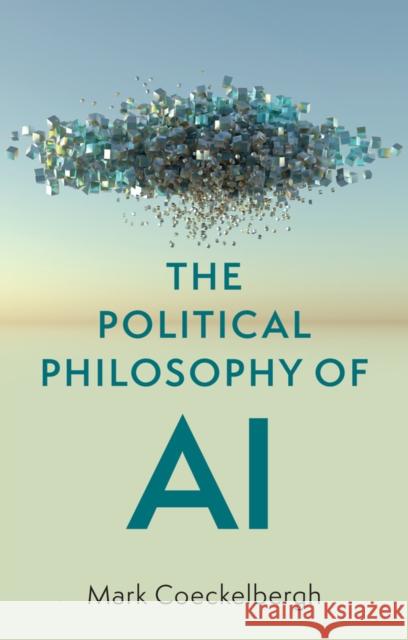The Political Philosophy of AI: An Introduction » książka
topmenu
The Political Philosophy of AI: An Introduction
ISBN-13: 9781509548538 / Angielski / Twarda / 2022 / 176 str.
The Political Philosophy of AI: An Introduction
ISBN-13: 9781509548538 / Angielski / Twarda / 2022 / 176 str.
cena 220,40
(netto: 209,90 VAT: 5%)
Najniższa cena z 30 dni: 217,26
(netto: 209,90 VAT: 5%)
Najniższa cena z 30 dni: 217,26
Termin realizacji zamówienia:
ok. 30 dni roboczych.
ok. 30 dni roboczych.
Darmowa dostawa!
Kategorie:
Kategorie BISAC:
Wydawca:
Polity Press
Język:
Angielski
ISBN-13:
9781509548538
Rok wydania:
2022
Ilość stron:
176
Oprawa:
Twarda
Wolumenów:
01
Dodatkowe informacje:
Bibliografia
Obwoluta
Obwoluta











